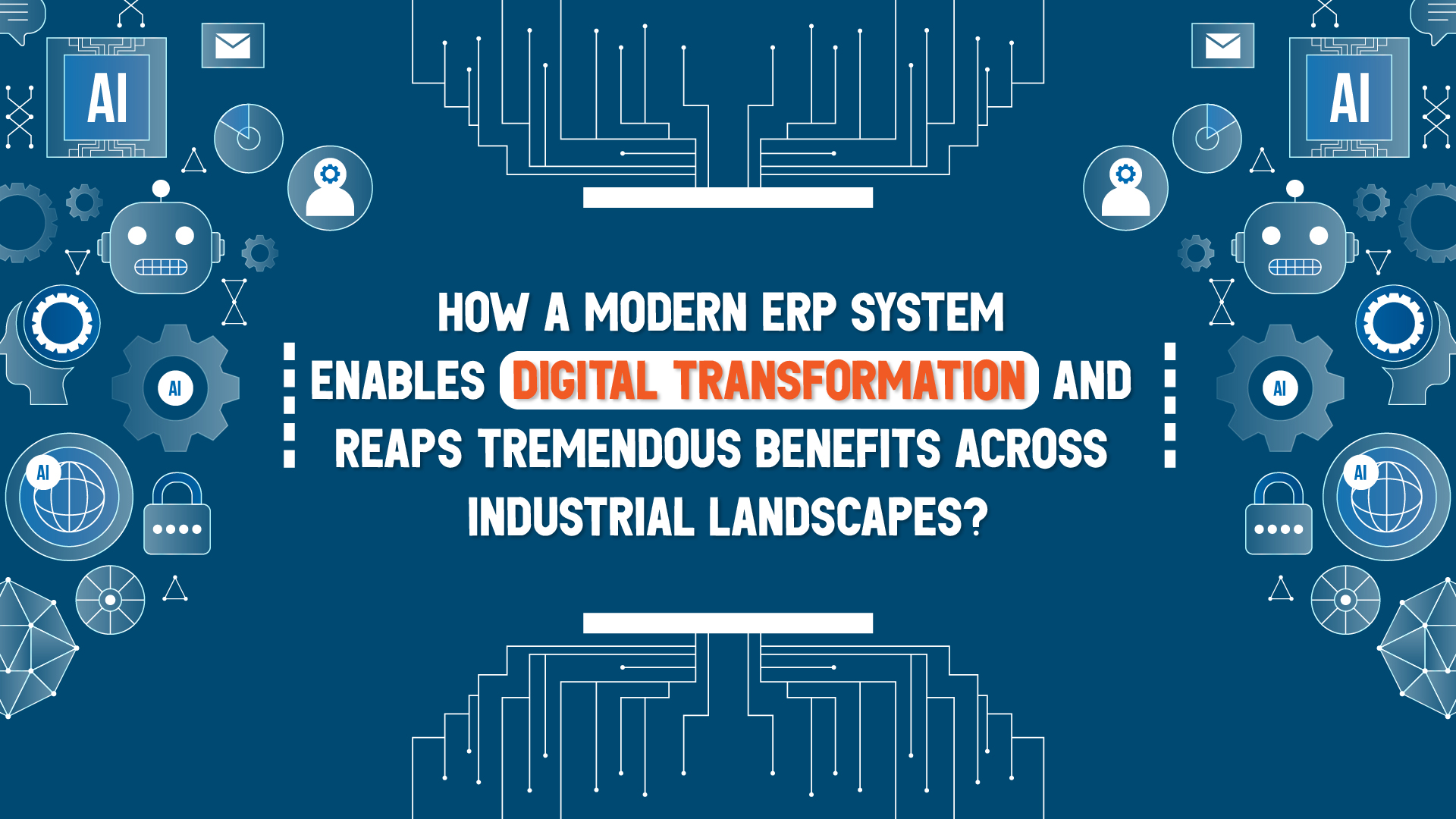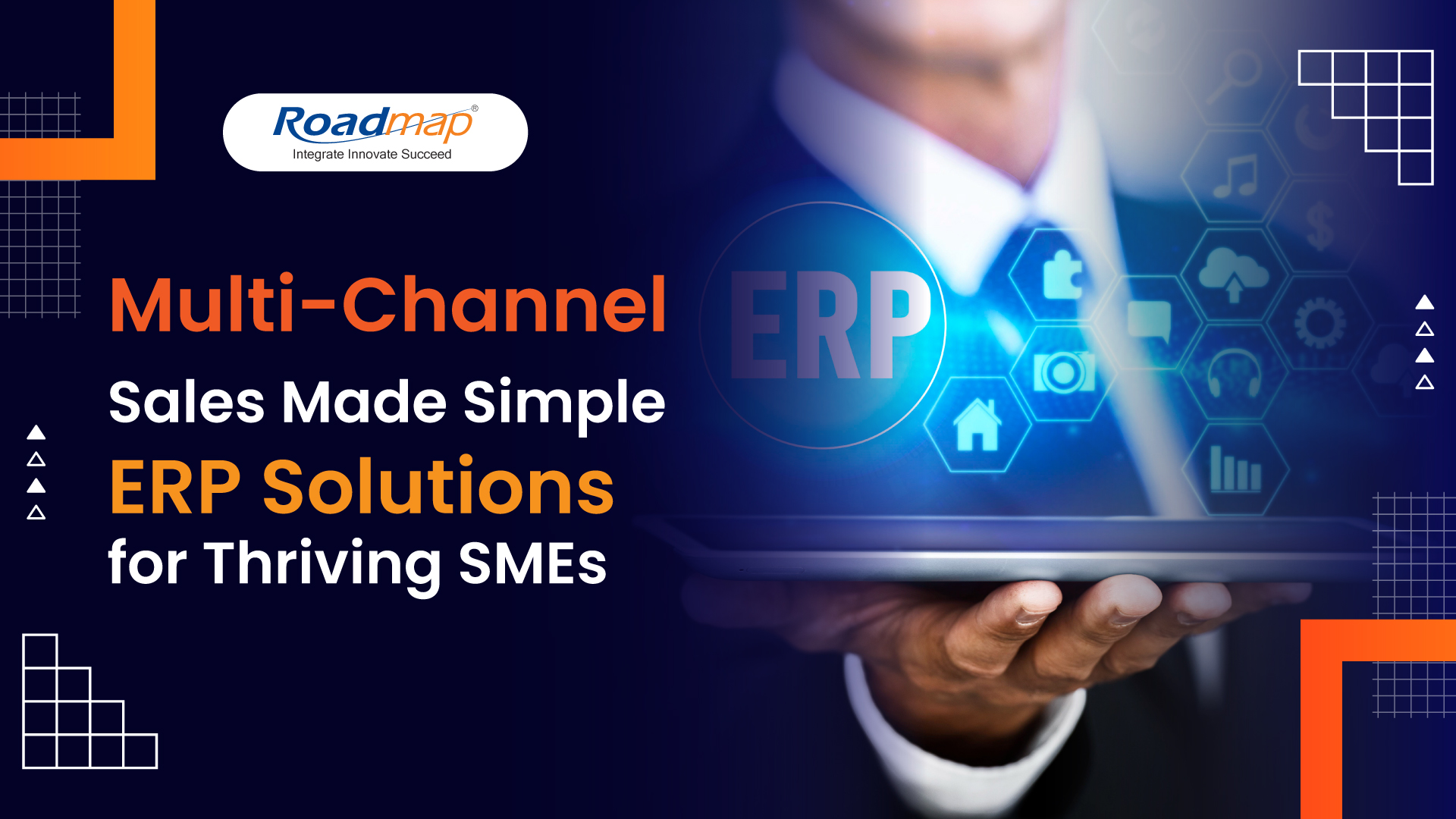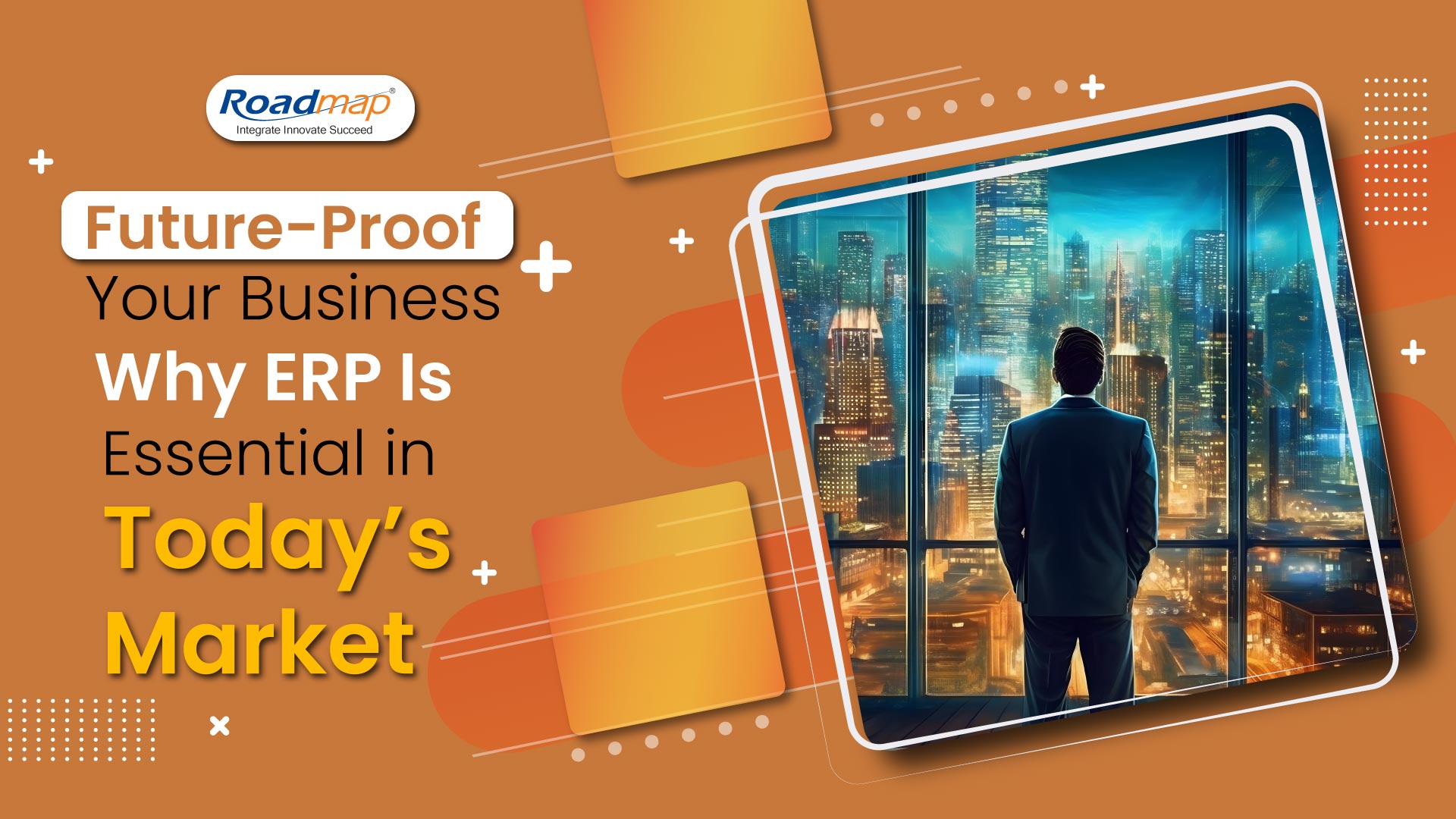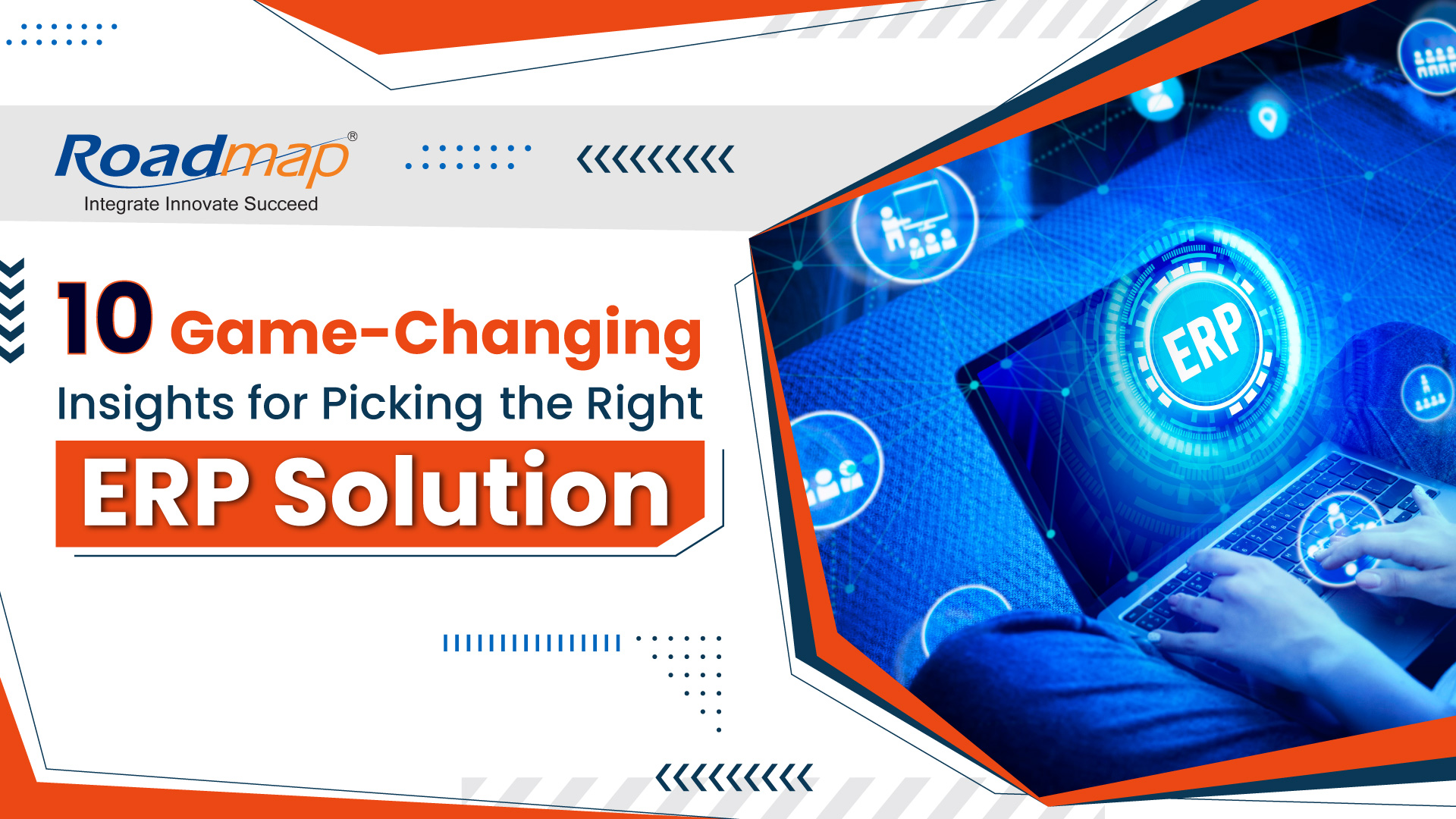
- Roadmap
- 24-Aug-2023 03:05:30
How a Modern ERP System Enables Digital Transformation and Reaps Tremendous Benefits Across Industrial Landscapes?
Since the advent of Generative AI tools and other autonomous technologies are taking precedence over humans, it is quintessential to emphasize this widely accepted adage "Technology has made our lives easier than ever before."
Also, as we are in the digital economy, the word 'digitalization' is not uncommon today. Therefore, embracing digitalization is imperative for business success, which will bring out a wide range of new possibilities that not only master the current business challenges but will also master the future challenges too.
Digital transformation, in simple words, is nothing but implementing digital technologies to remodel a company's internal processes, workflows, and operations for the sake of increased efficiency and profitability. Businesses can sustain themselves in the market by adopting new and evolving technologies.
Seeing the unstable condition in the global economy and the prevailing disruption in the supply chain and demand for products and services, transitioning to an automated and digitized ERP system is indispensable for every industry and every business entity. A modern ERP is an integrated business management system playing a critical role in an organization's digital transformation process.
So, every organization must have a digitally-optimized ERP system to ensure resilience against global economic and geopolitical shocks. Decreased turnaround time, increased operational efficiency, and real-time secured data are a few of the numerous benefits that every business can enjoy through digital transformation. Leveraging AI-driven data integration and analytics can help you to drive innovation and improve operational efficiency.
Modern ERP system unifies all business processes in a single platform and facilitates remote working for users by enabling access from any location at any time. Back then, consolidating data from silos was once a mind-boggling task and has now become a no-brainer activity for us. Integrating an ERP system with emerging technologies such as Artificial Intelligence (AI) tools, Machine Learning (ML) models, and the Internet of Things (IoT) will increase business values giving businesses an Eagle's eye view into their operations and address loopholes promptly if there are any. A digitally optimized and automated ERP System will set any organization on a seamless journey of efficiency and excellence.
How Can a Modern ERP System Facilitate Digital Transformation?
Process Automation: Automating business processes and workflows will help businesses save time and money to a great extent. Also, it eliminates the manpower required for manual data processing and the chances of error occurrence. With the help of integrating AI and machine learning (ML) technology with cloud ERP, routine tasks can be fully automated, limiting human interference.
Reduced Infrastructure Costs: By utilizing cloud ERP deployment, companies will have the option of migrating over to a Software-as-a-Service (SaaS) framework. Consequently, this will eliminate the need to invest heavily in IT infrastructure and hardware, allowing businesses to save money and operate with minimal investment. Furthermore, incorporating advanced ERP functionalities not only adds value, but also contributes to long-term cost savings. It is advisable to eliminate outdated features, functionalities, and customizations that are no longer required.
Expanded Reach: As part of the digital transformation process, companies must be readily available to their customers and other stakeholders at any point in time. Given the luxury of a mobile ERP, employees can access data and engage with vendors, suppliers, and customers from anywhere at any moment. While a large number of companies still prefer and remain on-premise ERP system, cloud-based solutions offer scalability, cost-effectiveness, and protection against cyber security threats more than ever.
Scalability: Scalability is one of the key benefits of an ERP system. Users should be well-versed with the software, as proper training is critical for maximizing the potential of an ERP system. A company can achieve a higher level of digital maturity only when the users fully understand its latest features and functionalities.
Accurate Data and Business Intelligence: Maintaining data hygiene is crucial for businesses with significant cash flows. With the growing volume of data, duplication or redundancy of data can lead to unnecessary expenses, and having to enter the same suppliers, vendors, and customers multiple times requires unnecessary time and effort. This can be avoided by optimizing business operations with an AI-driven ERP system.
Enhanced Capabilities: ERP systems can integrate with other software tools and applications, leading to enhanced business operations and the foundation for technological development. For example, integrating ERP with Customer Relationship Management (CRM) systems streamlines business processes and promotes sustainability. Furthermore, integration with social media platforms, analytics tools, and other technologies simplifies complex business operations.
Conclusion: Modern ERP system is a robust business suite that simplifies complex functions; integrates various tools and applications; collaborates and manages multiple departments - inventory, finance, sales and marketing, production planning, etc. In this digital age, a company can achieve business agility with increased profitability, better management, and a unified view of all business processes by using real-time data-driven insights and analytics generated from an autonomous AI-powered ERP system.




